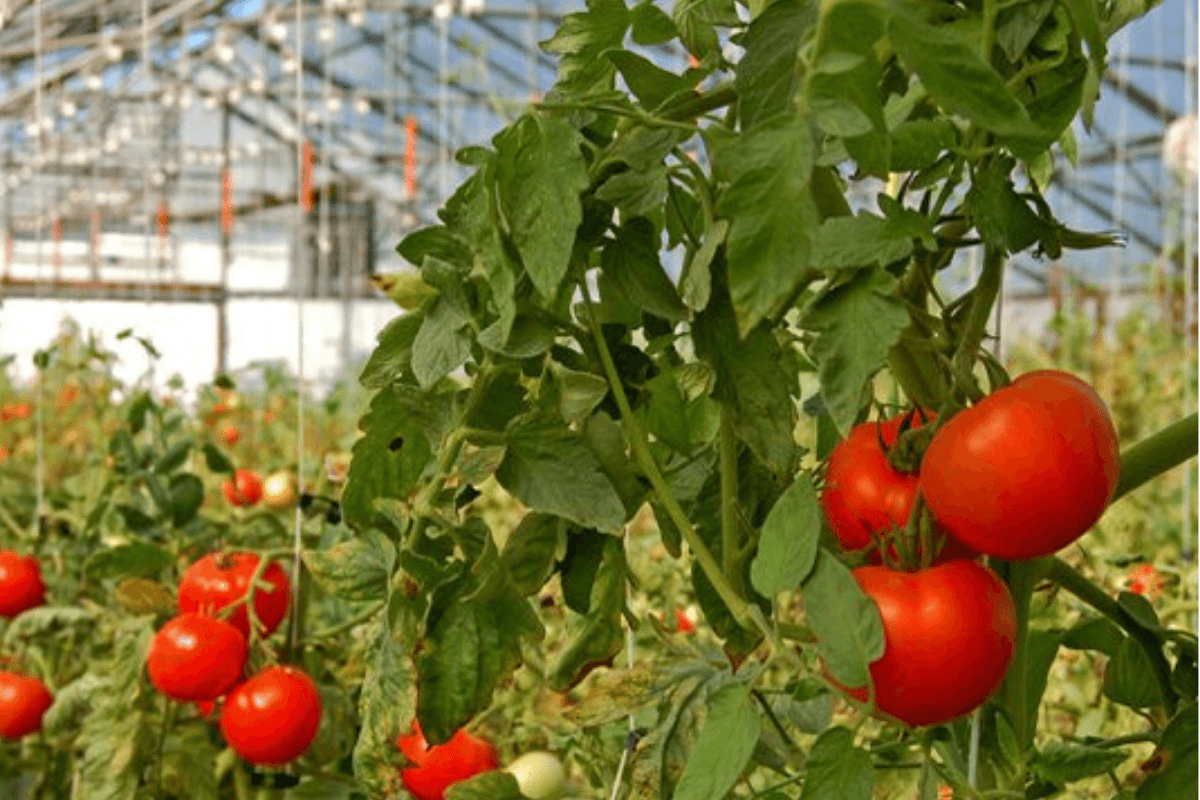MTFC: Trade in Africa

Agriculture employs two-third of the working population and contributes 20 – 60 percent of the Gross Domestic Product (GDP) in Africa. In recent times, the continent is transitioning from importation to exportation. In light of considerable improvement in the agricultural sector, there has been a movement from dependence on foreign products to a foray into intra-trade deals within its countries. Africa is starting to focus on improving its agricultural practices by leveraging on modern technology.
Regional economic communities (RECs) such as ECOWAS, Southern African Development Community (SADC), and East African Community (EAC) were created to boost trade among African countries. The Economic Community of West African States (ECOWAS) was established in 1975 with the main goal of promoting economic integration among its 15 member countries.
The need for intra-country trade within Africa cannot be over-emphasized because of the benefits it holds as regards economic growth and stability. But a major constraint is the prevalence of raw materials and not processed goods in Africa. Primary products exported includes petroleum, cotton, maize, cocoa, tea, sugar, vegetables etc. Manufactured goods includes yarn, medicines, iron, steel, chemicals and industrial equipment.
Findings from the World Bank shows that higher trade taxes is one of the major factors that discourage trade among African countries. The International Monetary Fund (IMF) recommends further liberation if the continent is to improve. Eliminating the tariffs on goods traded within various regions and creation of free trade zones like those in the GCC will encourage intra-country trade in Africa.
Possible Solutions
Infrastructure – In order to allow trade flow, there is need for investment in physical infrastructure like roads, railways, power lines and air services. Infrastructural development is crucial to intra-African Trade.
See also: A promising new continent-wide trade agreement for Africa
Digitization – Mobile and other digital solutions are fostering communication in the world. Financial services can be easily accessed even in remote regions with the help of financial services from fintech solutions.
Technology – Integrating technologies like block chain into agribusinesses can be used to support small farmers by providing them with finance transactions in the food supply chain. Farmers, consumers, and traders can register and share information with maximum safety, transparency and speed.
Free-Trade Zones – The African Continental Free Trade Agreement (AfCFTA), signed by 49 African countries in Kigali, Rwanda, 2018 is meant to create a tariff-free continent that can grow local businesses, boost intra-African trade, prompt industrialization and create jobs. This, when implemented can help countries integrate into a sustainable world economy
Finance – Financial investment in African indigenous agribusinesses will improve the quality of exportable goods and create an opening for infrastructural development in the agricultural sector. This will also create more job opportunities and employments.
Prominent inhibitors of Africa’s intra-continent trade include taxation and tariff charges, inefficient transport systems, limited financing, communication etc. If properly tackled, Africa will emerge as a major stakeholder in the global market and intra-continental trade is a good place to start.
More on MTFC:
- All you Need to Know Before Exporting to the UAE
- Afreximbank Releases $100 million Fund for Export Development in Africa (FEDA)
- Gracia Farms Looks to Partner with Meet the Farmers Conference for Sustainable Agriculture
- Leveraging on Meet The Farmers Conference for Agricultural Business Funds
- Finnfund Invests US$2.86 million In Tanzania’s Africado Farm







